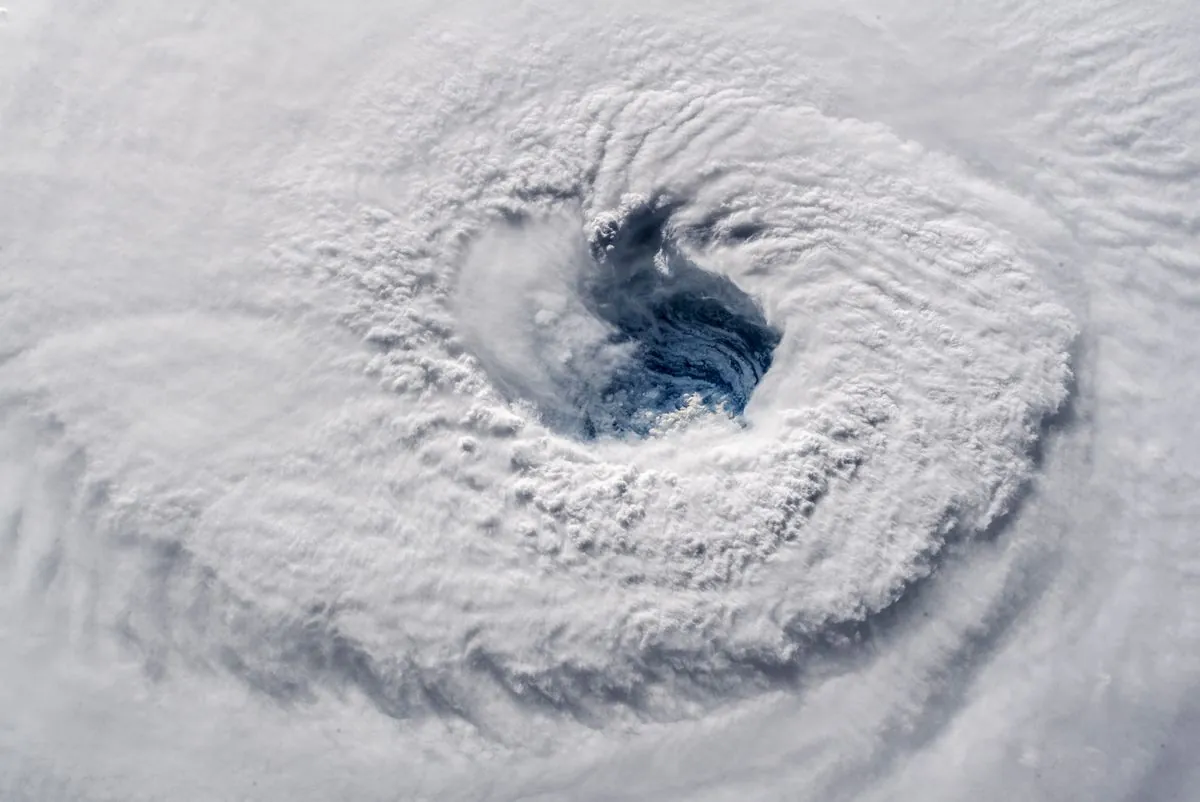Hurricanes serve as a stark reminder of Earth's uncontrollable weather patterns, with recent storms like Milton and Helene impacting the southeastern United States. These events have sparked unfounded conspiracy theories suggesting government manipulation of weather patterns, particularly targeting specific voter demographics.
Kristen Corbosiero, a professor at the University at Albany, dismisses these notions, stating, > "If meteorologists could stop hurricanes, we would stop hurricanes. If we could control the weather, we would not want the kind of death and destruction that's happened."
The power of hurricanes is truly staggering. Chris Landsea, tropical analysis chief at the National Hurricane Center, notes that a fully developed hurricane releases heat energy equivalent to a 10-megaton nuclear bomb every 20 minutes. This immense power dwarfs human energy consumption, making the idea of controlling such forces seem absurd.
Climate change is exacerbating the intensity of hurricanes. Chris Field, director of the Stanford Woods Institute for the Environment, explains that warmer oceans provide more energy, while a warmer atmosphere holds more water, leading to increased rainfall during these storms.
Historical attempts to control hurricanes have proven futile. In 1947, a collaboration between General Electric and the U.S. military attempted to weaken a hurricane by dropping dry ice from Air Force jets. This effort, like many others, failed to produce significant results.
The federal government's Project STORMFURY, conducted from the 1960s to 1980s, aimed to weaken hurricanes by seeding them. However, researchers realized that even if successful, this approach could potentially endanger more people by expanding the storm's size.
Modern geoengineering proposals to combat climate change have emerged, focusing on larger-scale interventions. David Keith, a professor at the University of Chicago, suggests that solar geoengineering, which involves reflecting sunlight back into space using aerosol particles, could potentially benefit the world's poorest populations.
However, these proposals are not without risks and ethical concerns. Michael Mann, a climate scientist at Pennsylvania State University, warns that discussing guidelines for climate intervention may inadvertently encourage real-world implementation, potentially leading to harmful side effects.
Ultimately, experts emphasize that the most effective approach to mitigating hurricane threats and addressing climate change is reducing greenhouse gas emissions. As Chris Field states, "Whatever else we do, that needs to be the core set of activities."
"The typical science goes like understanding, prediction and then possibly control. It goes back into Greek mythology to think you can control the powers of the heavens, but also it's a failed idea."
As we face the challenges posed by increasingly powerful hurricanes, it's crucial to remember that these storms have been shaping our planet for millennia. The first recorded hurricane in the Atlantic basin dates back to 1494 during Christopher Columbus's second voyage. Since then, we've learned much about these powerful storms, from their formation to their devastating impacts.
The Saffir-Simpson Hurricane Wind Scale, which categorizes hurricanes from 1 to 5 based on sustained wind speeds, helps us understand their potential for destruction. However, even with our advanced knowledge and technology, the sheer power of these storms remains humbling. A single hurricane can release energy equivalent to 10,000 nuclear bombs per day, a force far beyond human control.
As we continue to study and prepare for these natural phenomena, our focus must remain on adaptation, resilience, and mitigating the factors that contribute to their intensification. The path forward lies not in attempting to control the uncontrollable, but in working harmoniously with our planet's complex climate systems.
